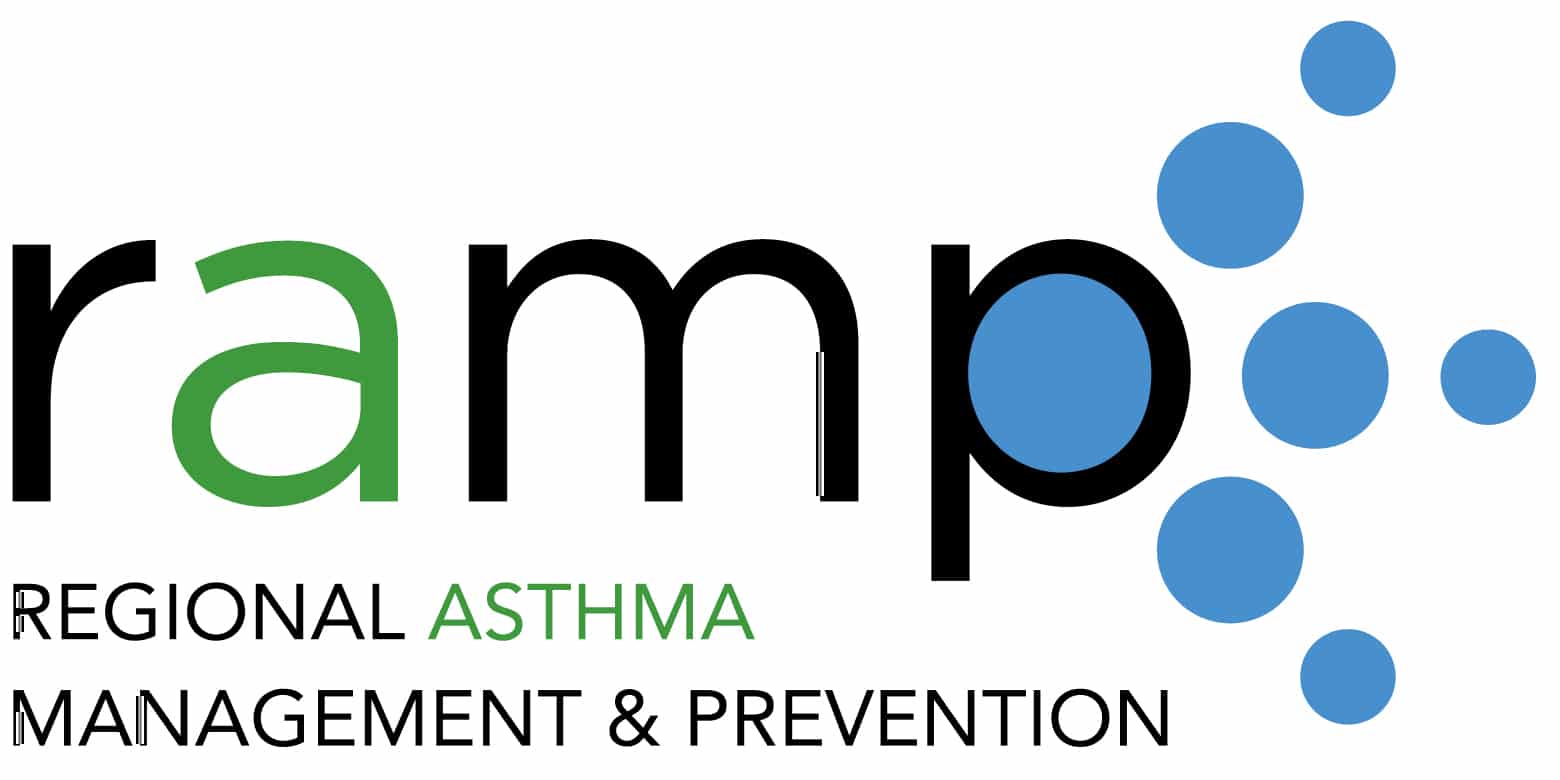
Healthy Air for All

Shaping Policies to Reduce and Eliminate Exposure to
Air Pollution in Inequitably Burdened Communities
Historic and ongoing unjust and racist policies, investments, and planning decisions expose low-income communities and communities of color to inequitable amounts of air pollution, which can exacerbate asthma and contribute to the onset of the disease. RAMP focuses on pollution common to these communities—for example, diesel pollution from the freight transportation sector, including ports, railyards, freeways, and distribution centers. RAMP also focuses on policies that address the cumulative impacts of multiple sources of pollution in a community.
Similarly, climate change inequitably impacts people with asthma and low-income communities and communities of color. RAMP works to ensure that mitigation and adaptation policies and programs in California maximize co-benefits for people with asthma and low-income communities and communities of color, more broadly. RAMP is especially focused on the impact of wildfire smoke and aims to reduce smoke exposure in the homes, schools, and communities of low-income Californians with asthma.
Read more about our Healthy Air for All goal in our strategic plan.
For more information about this goal, please contact Joel Ervice, Associate Director, at joel@rampasthma.org/.
RAMP continues to be an important voice for cleaning the air for all Californians, and especially those more vulnerable to poor air quality. RAMP brings a critical lens to cleaning the air with a focus on engaging asthma stakeholders in organizing, education, and advocacy. RAMP’s work to support more health-protective standards for freight emissions is especially meaningful to reduce the harms of diesel exhaust that so often fall on lower-income communities and communities of color.
Explore RAMP’s Resources on Healthy Air for All
A Few of Our Accomplishments
- We have an extensive track record of successfully advocating for landmark regulations to help reduce a range of air pollutants in inequitably burdened communities across California. Examples include the Off-Road and On-Road Rules, the Advanced Clean Trucks and Fleet Rules, and the In-Use Locomotive Regulation. All of these regulations have substantial health and economic benefits; for example, the On-Road Rule, which regulates diesel trucks, was estimated to create a 43% reduction in diesel particulate matter and prevent 9,400 premature deaths and 1,000 asthma hospitalizations, while the Locomotive Regulation will have health-related savings estimated at $32 billion.
- We published Freight Automation: Dangers, Threats, and Opportunities for Health and Equity, in partnership with Moving Forward Network and Human Impact Partners. The report examines how automation in the freight transportation system affects the health of workers, communities, and the environment — and what policymakers and other stakeholders can do about it.
- We have been a partner and leader in the development and implementation of a wide-range of community-grounded and led coalitions and collaboratives, including the Bay Area Ditching Dirty Diesel Collaborative (DDDC), the California Clean Freight Coalition (CCFC), the Bay Area Environmental Health Coalition, and the California Transportation and Health Coalition. Our contributions to these efforts have included ensuring community leadership and involvement, fundraising, administrative management and support, and strategic planning, among others.
- Our involvement with the above community-led coalitions resulted in progress on reducing air pollution in overburdened communities. For example, the DDDC pushed for a statewide Anti-Idling Regulation and On-Road Rule, while a Health Impact Assessment developed by the group led the Alameda County Transportation Commission to appropriate millions of dollars to fund air quality improvements. The CCFC’s advocacy led to, among other things, California launching a Sustainable Freight Action Plan.
Select Projects on Healthy Air for All
Partnering with PHI’s Dr. Gina Solomon, with support from The Rose Foundation for Community Empowerment, we developed tools to help asthma programs select safe, effective, affordable air cleaners for their clients with asthma. Coupled with videos on how to use and maintain air cleaners along with educational materials in six languages, asthma programs can now help their clients reduce the harmful impacts of wildfire smoke.
We continue to push the state of California to be a national and global leader in reducing air pollution from a variety of sources. We’re particularly focused on the freight transportation sector: the ships, ports, trains, warehouses, and trucks that move goods across the globe. Given that the sector creates inequitable pollution in adjacent low-income communities and communities of color – where the burden of asthma is typically elevated – it’s critical to shift freight to a zero-emission system. In 2023, and in coordination with our partners in environmental justice and public health, we pushed the California Air Resources Board to adopt the Advanced Clean Fleet Rule and the In-Use Locomotive Regulation.
We are partnering with the Bay Area Air Quality Management District and seven asthma home visiting programs in the Bay Area to distribute air cleaners (also known as air purifiers) to low-income residents with poorly controlled asthma. The asthma home visiting programs provide the air cleaners to their clients along with education on how to use and maintain them as part of a comprehensive approach to asthma management. We serve as a liaison for distribution and data collection, are developing educational materials, and have produced a case study to document best practices and lessons learned.
Since 2021, we have collaborated with the American Lung Association (ALA) to provide asthma stakeholders in California with timely webinars about a wide range of state policy efforts to reduce California’s significant air pollution and climate change challenges, with a particular emphasis on sustainable transportation and climate change policies. For example, on October 14, 2021, we hosted Clear Skies, Healthy Lungs: Policies to Improve California’s Air Quality, where ALA staff and partners at the California Air Resources Board and the California Energy Commission presented on current state policies. Similarly, at the 2022 Community Action to Fight Asthma (CAFA) Virtual Summit, RAMP and ALA staff along with others from the Leadership Counsel and the Bay Area Air Quality Management District talked about the connections between asthma and climate change. Check our upcoming events page for future webinars.
We spearheaded a report that examines how automation in the freight transportation system affects the health of workers, communities, and the environment — and also how these effects will be inequitably felt by low-income people with and communities of color. A collaborative effort between RAMP, Moving Forward Network, Human Impact Partners, and community partners, our report 1) provides an analysis of the state of automation of the freight sector and anticipated health and equity impacts, and 2) recommends policy and programs to promote health and equity. The bottom line: increased freight automation will have significant, and largely negative, health and equity impacts on frontline workers and fence-line communities. Addressing these impacts is essential. The pace and extent of freight automation offers a critical window of opportunity for policymakers, industry stakeholders, frontline workers, fence-line community members, and the public. Completed 2021.
We were a key partner and leader in the development and implementation of the Bay Area Ditching Dirty Diesel Collaborative (DDDC), a group of community-based, environmental justice, public health, and environmental organizations and agencies that worked to reduce diesel pollution in low-income communities and communities of color. RAMP staff partnered with community leaders to establish a coalition structure to ensure community leadership and involvement, and for over fifteen years, supported fundraising, administrative management and support, and strategic planning, among other activities. The DDDC’s efforts and accomplishments included an anti-idling day of action and pushing for a statewide Anti-Idling Regulation and On-Road Diesel Truck Rule. The DDDC also developed a Health Impact Assessment examining Alameda County transportation planning efforts, which resulted in the Alameda County Transportation Commission appropriating millions of dollars to fund air quality improvements. Completed 2019.
In our work with RAMP as part of the Ditching Dirty Diesel Collaborative, RAMP provided strong support for community leadership and work that truly put community concerns first – both in program design and implementation.



